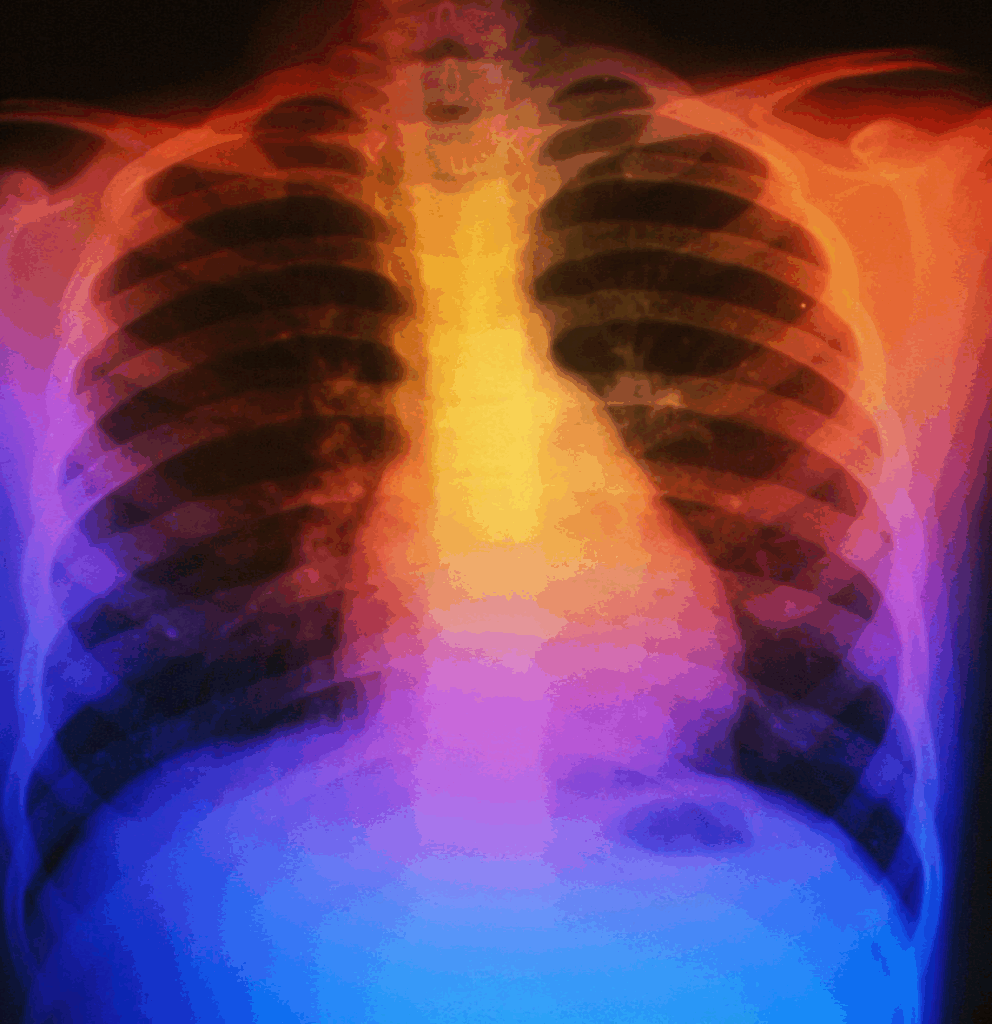Over a week ago on Oct. 27, a gunman walked into the Tree of Life Synagogue in Pittsburgh’s historic Squirrel Hill neighborhood and killed 11 people. Not only did he take the lives of innocent people, but he simultaneously devastated families, an entire city and the entire world.
This tragic event was generated by hatred for others — complete strangers — because of their different beliefs and practices. It is hard for many to comprehend this hate and how it can still exist today since the atrocities of what happened in the Holocaust seem so far past us.
“It’s not that Jews in America are living in a state of panic, although you can be sure that every synagogue had an armed guard this week after what happened,” says Eliyana Adler. “It has heightened the concern.”
Adler, an associate professor of history and Jewish studies at Penn State, explains that although what happened in Pittsburgh may be a case of antisemitism, the problem today is holistic and affects more than just Jewish-Americans.
“Hate speech in general, negative statements about the other, blaming the other for contemporary problems, has become more prominent in the past couple of years,” says Adler.
Although hateful comments and actions tend to come from radicalized individuals or groups, that does not mean the rest of society is innocent of hate speech. Adler notes that many news outlets have recently been at fault for buying into these hateful stereotypes against different minority groups, whether they directly state it or just imply it.
Overall, America has been historically a more welcoming place for its small Jewish population. Jewish-Americans make up just over 1 percent of the population, which Adler says makes any radical or violent deflections of blame for national issues on Jewish-Americans nearly impossible.
The violence in Pittsburgh, however, was enough to scare people into thinking antisemitism could be on the rise among the other negative racial and ethnic sentiment the country is already confronting.
“It’s not that it has never happened before — there have been shootings at Jewish institutions in the past,” says Adler. “No one was ever able to kill so many. Much more frequent have been more hateful graffiti and those sorts of things — that’s what makes this stand out as so terrible.”
Moving forward from the tragedy and hate that came from the shooting in Pittsburgh, the question now becomes, “How does the country do better?” Although there is no definite answer, education and a caring heart is a good place to start.
In the wake of the massacre, vigils were held all around the country to honor the lives lost and show solidarity among Jewish-Americans and the rest of the nation. Penn State joined, holding a vigil on Monday, Oct. 29 on Old Main Lawn.
Adler believes that these demonstrations, including people of all backgrounds and beliefs, coming together to support one another is just one step toward fighting antisemitism, racism and ethnic discrimination altogether.
“I hope that we all are becoming more aware that words matter and its all of our responsibilities to intervene when people say things that are patently untrue,” says Adler. “It’s hard to speak up, but I think it’s important.”
Related





